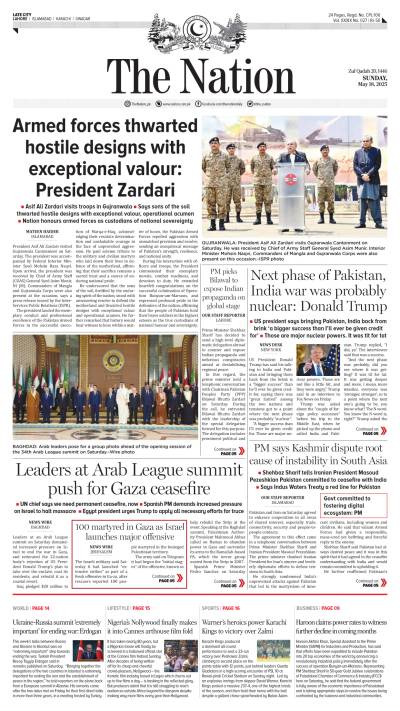The UN Security Council (UNSC) on Friday, unanimously adopted a resolution condemning the destruction of cultural heritage sites and warned that attacks such as those carried out in recent years by Al-Qaida, Islamic State and other terror groups could constitute war crimes. In light of the destruction of cultural icons in Afghanistan and Iraq, this should not just be a warning, but a resolution. Not just terror organisations, but even states that destroy their history and relics must be under this new law.
Historic legacies and cultural landmarks have always been a casualty of war and are impossible to protect when people are dying. The start of the century witnessed attacks against global heritage sites increasing, including the destruction of the Bamiyan Buddhas in Afghanistan and Timbuktu’s ancient shrines in Mali. The UNSC has singled out terrorist attacks on historic monuments like the ancient Syrian city of Palmyra, whose most precious artistic and architectural treasures were demolished in several waves of attacks since 2015 by IS militants. The destruction of Syria and Iraq should strike an emotional note not just across the Muslim world but across all nations. The area is known to be the home of progress and enlightenment after the coming of Islam, but even before Islam, it had hosted advanced civilisations.
Previous efforts by the UNSC to safeguard cultural heritage focused on the illicit trafficking of looted cultural relics to fund terrorist activities in Iraq and Syria. The removal of these artefacts from their cultural home is no less than a war crime, akin to the pillaging of colonial territories for treasures that still lie in museums in the West; inaccessible to the peoples they were stolen from.
The sad realisation however is, that when the UN cannot protect people from the ravages of war, how will it protect inanimate objects? The situation of the suffering populations is lamentable – a loss of not just life and livelihood, but also culture and history which they are fighting to protect.






